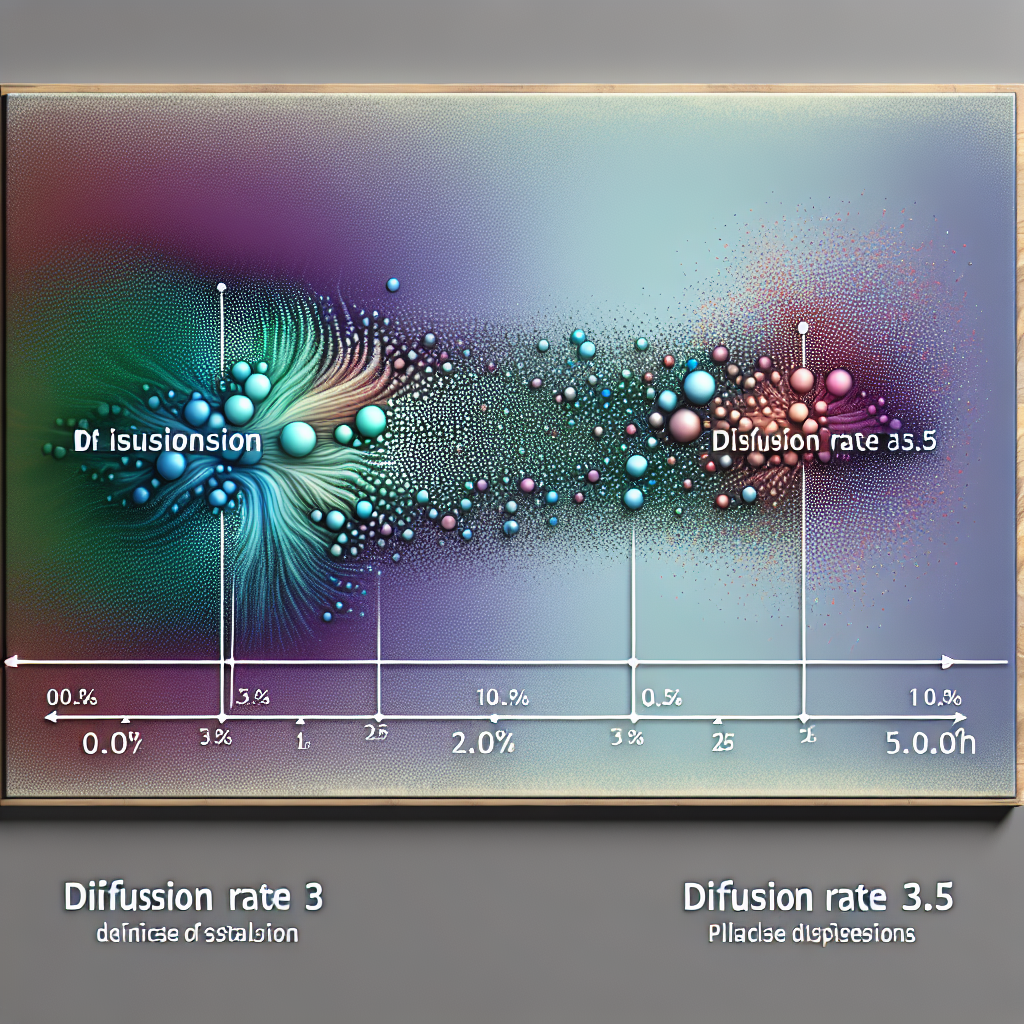Mastering Key Concepts for Technical Success: An Advanced MLOps Interview Guide
Mastering Key Concepts for Technical Success: An Advanced MLOps Interview Guide
Introduction
Technical success in the field of Machine Learning Operations (MLOps) requires a deep understanding of key concepts. To help aspiring professionals, an advanced MLOps interview guide has been developed.
The Importance of MLOps
MLOps is crucial for successful deployment and management of machine learning models in production. It combines machine learning, software engineering, and operations to ensure efficient and reliable ML systems.
Key Concepts Covered
- Data Versioning: Understanding the importance of versioning data to maintain reproducibility and traceability.
- Model Deployment: Knowledge of different deployment strategies, such as batch and real-time, and their pros and cons.
- Monitoring and Alerting: Understanding the need for continuous monitoring of ML models and setting up alerts for potential issues.
- Model Performance Evaluation: Familiarity with various evaluation metrics and techniques to assess model performance.
- Continuous Integration and Continuous Deployment (CI/CD): Knowledge of CI/CD pipelines and their role in automating ML workflows.
Unique Insights
This advanced MLOps interview guide provides unique insights into the following:
- Best practices for managing data drift and model decay.
- Strategies for handling model retraining and updating in production.
- Considerations for deploying ML models in cloud environments.
- Challenges and solutions for scaling ML systems.
Main Takeaways
The advanced MLOps interview guide equips professionals with the necessary knowledge to excel in technical interviews. It covers key concepts such as data versioning, model deployment, monitoring, and CI/CD. Additionally, it provides unique insights into managing data drift, model retraining, cloud deployment, and scaling ML systems.







